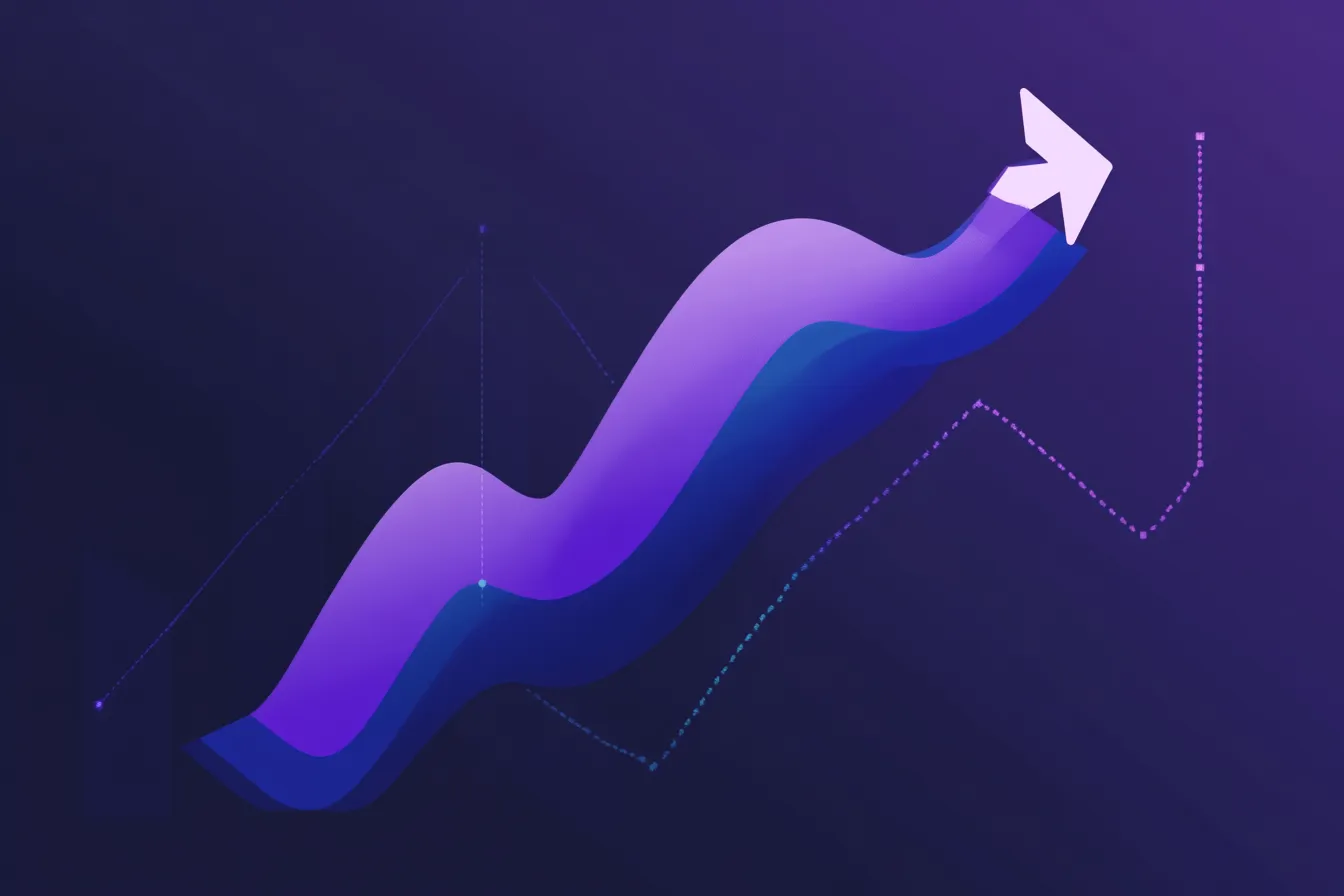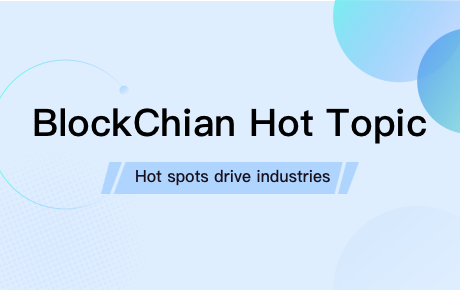Solana Validators Approve Alpenglow Upgrade to Cut Transaction Times to 150ms



Solana validators have approved the Alpenglow upgrade with 98.27% support, clearing the way for transaction finality to drop from 12.8 seconds to 150 milliseconds when deployed in 2026.
The upgrade represents the network's most significant infrastructure overhaul since launch.
The community governance process for SIMD-0326: Alpenglow is complete. The proposal has passed:
— Solana Status (@SolanaStatus) September 2, 2025
98.27% voted Yes
1.05% voted No
0.69% voted Abstain
52% of stake cast a vote
Technical Performance Targets
The Alpenglow upgrade aims to process over 107,000 transactions per second with sub-second settlement, matching speeds offered by traditional payment processors like Visa and Mastercard.
Developed by Anza, the upgrade replaces Solana's current Proof-of-History and TowerBFT systems with Votor, a direct-vote protocol allowing validators to process blocks off-chain before submitting compact proofs on-chain.
The system includes a "20+20" resilience model designed to maintain operations even if 40% of validators fail. Validator costs will drop from approximately $60,000 annually to $1,000 under the new fee structure.
Validator Economics
The upgrade introduces a 1.6 SOL per-epoch fee that reduces total validator costs while burning tokens to create deflationary pressure on supply. Lower operating costs are expected to increase network decentralization by making validator participation more accessible.
Validators face penalties for abstaining or submitting contradictory votes, including potential removal from the active validator set. Some community members have proposed tiered fees based on stake size to ensure fair participation across different validator sizes.
Use Case Expansion
The faster settlement times could enable new applications in gaming, tokenized securities, and decentralized derivatives that require real-time interaction. High-frequency trading firms may find the reduced latency attractive for on-chain operations.
“At these speeds, Solana could realize Web2-level responsiveness with L1 finality, unlocking new use cases that require both speed and cryptographic certainty,” the Solana Foundation said in a blog post. “The compounding effect of these initiatives and the many others in the Solana ecosystem is financial infrastructure that operates at internet speed.”
The upgrade also positions Solana to compete with emerging Central Bank Digital Currencies (CBDCs) by offering programmable money with traditional payment speeds.

APAC Leads Global Crypto Surge as Singapore Cracks Top 20
Asia-Pacific adds nearly $1 trillion in transaction volume while region dominates population-adjuste...

Fed Cut Odds Near 94% as Bitcoin ETFs Absorb Supply While ETH ETFs See Red
Your daily access to the back room....

Galaxy Digital Becomes First Nasdaq Company to Tokenize Shares on Blockchain
Digital asset firm launches SEC-registered equity tokens on Solana, enabling 24/7 trading and instan...

